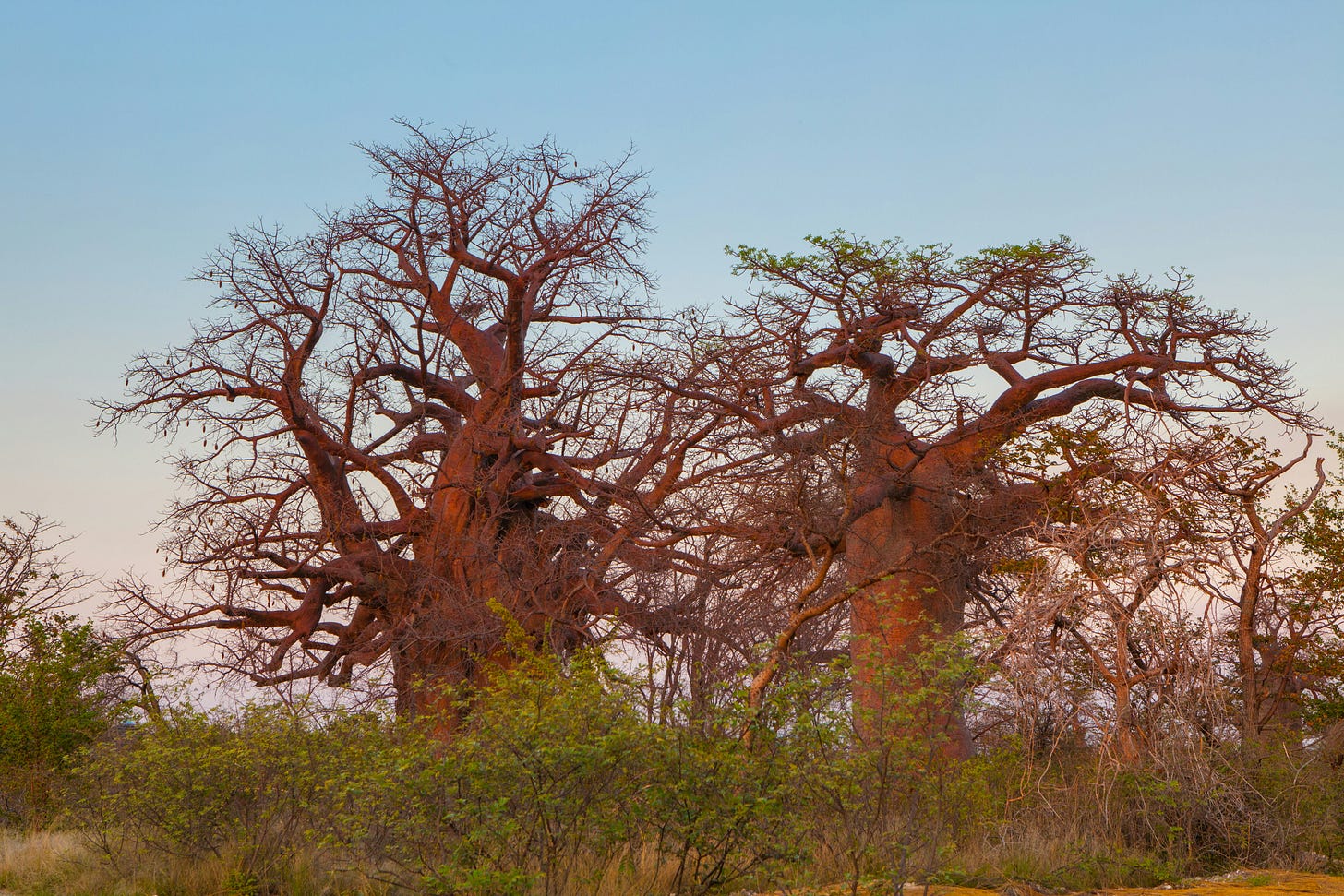
The Zulu greeting sawubona has been on my mind. I thought it was Zulu for “hello” when I lived in South Africa, and only learned its greater meaning years after my return home.
“I see you” was one translation I heard. The response was commonly translated as “I am seen.” More recently I learned a second interpretation: “We see you.” The response is Yebo, Sawubona: “Yes, we see you, too.”
We?
A short video by Orland Bishop, the founder and director of the Shade Tree Multicultural Foundation in Los Angeles, explains that “we” includes me, my ancestors, my spiritual self – a multitude of complexity that I embody when I see you and prepare to talk with you. When you respond that you see me, too, you are seeing that complex version of me through a filter of your own complexity.
Bishop says,
“Seeing is a dialogue. … It is an invitation to participate in each other’s life.”
I love that. It is open and inclusive. It’s a coming together that is all too often lost in what has become a time of fractured communication.
We Contain Multitudes
Beyond my ancestors and spiritual self, my interpretation of sawubona expands further. I am the sum of all my life experiences, plus more. Younger versions of myself at different points of my life are still with me – including the little girl who never fit in.
The totality of who I am includes a blend of my greatest successes and biggest disappointments, experiences from my childhood to today, my hopes and aspirations for the future. They are all present with me when I am in conversation with another, and I look for the same in them.
In doing that, I start to see a holistic view of others. What a gift to see each other in our entirety, and especially to do so from within our awareness of our own fullness. In this way, we honor each other.
Curiosity
Sawubona is an antidote to the labels we put on each other as a way to bucket people by political beliefs, where we live, what we do for a living, and more.
Labels limit our perception and then lead us to assumptions of what those labels mean. Human complexity cannot be reduced to a label.
Can we move beyond this limited lens and see each other in our totality? Absolutely! I believe it starts with curiosity.
Curiosity helps us see the uniqueness of each other while understanding our common bonds. It helps us gain a deep understanding, enabling us to see underneath the surface to understand what is coloring the words being spoken.
I am not referring to faux curiosity. That is the one that feigns interest in an effort to entrap someone in a belief that the “listener” then uses to judge and deride them. I grew up with that one, and I know it is not real.
True curiosity is driven by the need to understand – not to condemn. When we see each other in our full complexity, we can reach new levels of understanding.
Freedom
In his video, Bishop says that seeing in this way empowers us to explore our mutual potential in life. It also raises the question, “How do I have to be as a human being for someone else to be free?” He goes on to say.
“Freedom must be a mutual gift from one human being to another, recognizing that if I limit one person’s freedom, I limit my own.”
Reflecting on his statement, it occurs to me that freedom is the ultimate gift we can give each other. Freedom to be heard, accepted, understood. Freedom to be seen in our entirety and to know that we are valued.
In the spirit of sawubona, we see you. Who is the you that sees me?
Orland Bishop’s short video may be viewed here.





That’s some depth in a hello, lovely to trace the root meaning of words Cathy. I also really love this invitation to bring and acknowledge all that you are to each moment, the victories and the hardships included.💫👌
Such a connected way to greet each other! It feels deep and profound. Thanks for sharing this.